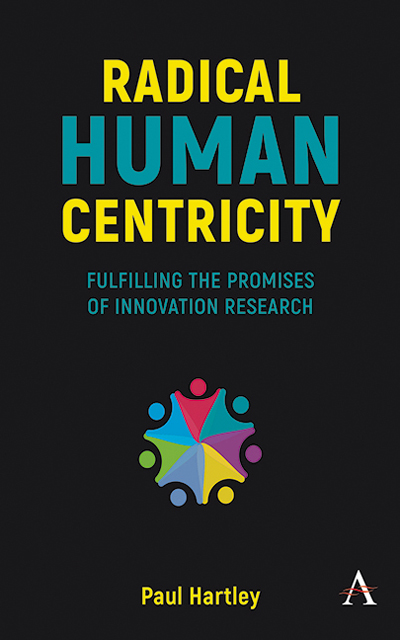Summary
Throughout this book, I have tried to demonstrate why a set of radical shifts in commercial research are necessary and how they should be accomplished. These shifts must begin with a fundamental change in the way business leaders, research managers, engineers, designers, and innovators of all kinds think. They cannot just be an alteration to commercial research for strategy or design purposes. Radical Human-Centricity requires building new cultures of innovation inside companies and governments.
As you have seen, the Radical Human-Centric approach to real research is not a sweeping revolution. It is the application of a higher standard of research practice. But if we consider what I am recommending, it is not radical at all. Instead, Radical Human-Centricity is the first step in fulfilling the promises made by design research and design thinking, at least. It provides insight into the changes in thought and practices needed to deliver the details about the world and the people who live in it, and in doing so, lay the foundation for business strategies and innovations which do not intrude in people's lives, but actually make them better. As a research practice, it stands in direct opposition to all of the overreach and dehumanizing practices of market research. Using an RHC approach will preclude the use of market research practices in innovation design and strategy, and the misapplication of research tools in places where they do not belong. But for design thinking processes and the innovation effort in general, it is an amendment. Radical Human-Centricity is meant to be an intervention into the way design or innovation research are conducted, and help designers, engineers, strategists, and business leaders start to understand their place in the wonderful world of human thought, action, and interaction.
The radical human-centric practitioner is someone who is committed to amending their research approach to do better when studying people, their beliefs, desires, and behaviors in a commercial or applied setting. But as you have seen throughout this book, it begins as a set of adaptations, alterations, and adjustments to existing research practices, whether they come from innovation research or academia.
- Type
- Chapter
- Information
- Radical Human CentricityFulfilling the Promises of Innovation Research, pp. 211 - 212Publisher: Anthem PressPrint publication year: 2022



